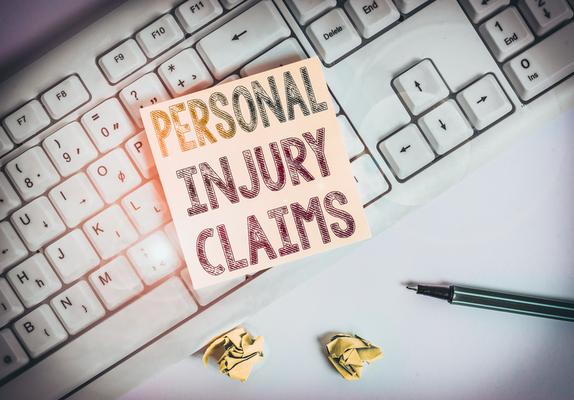
Getting hurt in an accident of any type is devastating, and the process of seeking financial compensation for your losses can feel extremely daunting. The idea of filing an insurance claim or a personal injury lawsuit can seem even more overwhelming when you are concerned that you are partially at fault for the accident, or that the insurance company or court might decide you share some of the responsibility for the accident. These concerns raise the issue of comparative fault, or contributory negligence. Different states have their own laws when it comes to comparative fault and contributory negligence. While the terms are not technically identical, they are often used interchangeably to refer to a situation in which a claimant or plaintiff bears some of the responsibility for her injuries.
In general, states have comparative fault or contributory negligence systems that range from an injured person being barred from recovery if she is even 1 percent at fault, to an injured person being able to recover even if she is 99 percent at fault but with her damages award being reduced by her share of the liability. New York’s comparative fault law falls into the latter category. It is known as a “pure” comparative fault state. This means that a plaintiff is allowed to recover whether she is minimally at fault, all the way up to being almost entirely at fault (e.g., 99 percent).
The plaintiff is never barred from recovery in New York. Instead, the plaintiff’s damages award will be reduced by whatever her percentage of negligence is determined to be. For example, if a plaintiff is awarded $500,000 in a car accident lawsuit and is 50 percent at fault, the recovery would be diminished by that plaintiff’s portion of fault (50 percent of $500,000 = $250,000), and the plaintiff would recover $250,000.
A claimant or plaintiff should never raise the issue of comparative fault or contributory negligence herself. To be sure, in any accident case, the plaintiff should not admit fault. Rather, contributory negligence is a defense raised by the other party so that party can avoid full liability. When a court finds that a plaintiff is also partially at fault, the reduction in the plaintiff’s recovery also results in a reduction to the amount for which the defendant is responsible.
More than one defendant can also share fault, regardless of whether a plaintiff is partially to blame.
Comparative fault can be an issue in a personal injury case or a wrongful death claim in New York. The statute explicitly says that the law applies “in any action to recover damages for personal injury, injury to property, or wrongful death.”
Because of New York’s no-fault auto insurance system, comparative fault or contributory negligence will not be a factor in your own insurance claim for car accident injuries. As the New York State Department of Financial Services explains, your personal injury protection (PIP) coverage “is designed to pay promptly, regardless of who is at fault and whether there was any negligence.”
However, if your injuries meet the “serious injury” threshold and you file a lawsuit against the at-fault driver, then the matter of comparative fault could come up.
Workers’ compensation in New York is a no-fault system. This means that any injury you sustained at work or that arose out of your employment—whether you, a co-worker, your employer, or someone else was at fault—can make you eligible for workers’ compensation benefits. It does not matter who was at fault, and comparative fault is not an issue.
However, if you sustained an injury at your workplace and are planning to file a third-party claim (such as a lawsuit against a manufacturer of a defective part or a lawsuit against a driver who struck your delivery vehicle), then the issue of comparative fault could arise in your case.
Do you need assistance with an insurance claim or personal injury lawsuit? If you got hurt in an accident, you deserve to seek financial compensation. Depending upon the type of accident and the specific facts of your case, you may be able to seek compensation or benefits through an insurance claim, or you may need to file a lawsuit. An experienced New York personal injury attorney at our firm can begin working with you on your case today. Contact Dearie Law Firm, P.C. to learn more about how one of our personal injury lawyers can assist you.
Related Content:
NYC Personal Injury Lawyer
NYC Workers' Compensation Lawyer
Our attorneys at the Dearie Law Firm, P.C are specialize in Medical Malpractice, Personal Injury, Slip and Falls, Motor Vehicle Accidents, Construction Site Accidents, Asbestos Exposure, the 9/11 Zadroga Law, and most other legal fields. Call our workers compensation lawyers Manhattan, NY at (212) 980-0404.... View full business profile here: John P. Dearie


